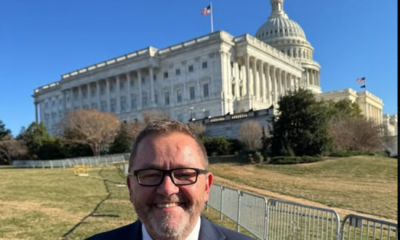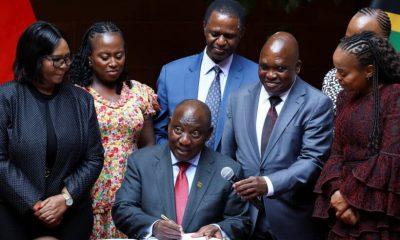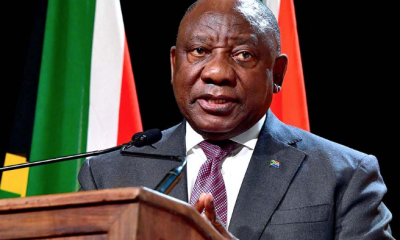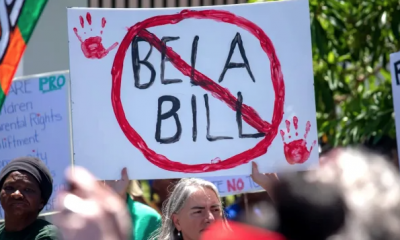411
BELA Act D-Day: Can Disputing Parties Find Common Ground?
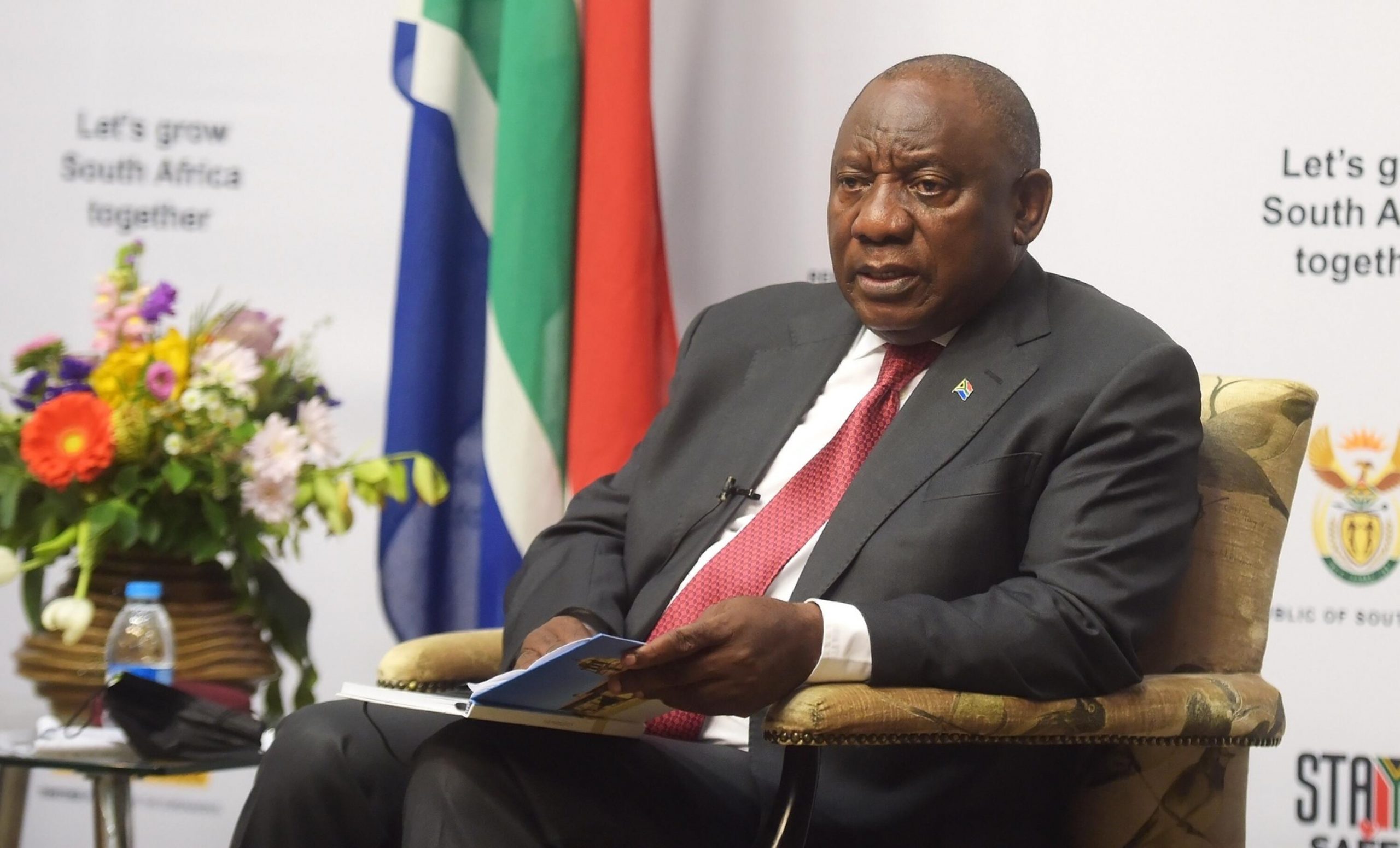
Today marks a critical juncture for South Africa’s education system as parties remain at odds over Sections 4 and 5 of the Basic Education Amendment Laws (BELA) Act. This legislation, signed into law by President Cyril Ramaphosa in September, has sparked heated debate, with language and admission policies at the heart of the disagreement.
The President granted a three-month consultation period to address these contentious clauses, and the deadline is now upon us. The outcome of these discussions could have significant implications for the governance of schools across the country.
The BELA Act introduces amendments aimed at standardizing and improving South Africa’s education system. Among the key provisions are changes to school language policies and admission criteria, which have sparked controversy.
Sections 4 and 5 specifically give provincial education departments greater authority to override individual school governing bodies’ decisions on language and admissions. Proponents argue this is necessary to promote inclusivity and ensure equal access to education, particularly for historically disadvantaged communities. However, critics believe it undermines schools’ autonomy and could lead to operational challenges.
The Stakes for South African Schools
For supporters, the BELA Act represents a step toward addressing inequities in the education system. Equal Education, a civil society group, has lauded the legislation for attempting to dismantle barriers that prevent learners from accessing schools of their choice.
On the other hand, organizations such as AfriForum argue that the law infringes on the rights of school governing bodies and may dilute the cultural and linguistic identities of institutions. “This legislation opens the door to political interference in our schools,” said a representative from the group.
The deadlock over these sections has highlighted a deeper divide in perspectives on how to balance inclusivity with local autonomy in education.
The Consultation Period: A Final Opportunity
Since September, stakeholders, including school governing bodies, civil society groups, and provincial education departments, have been locked in discussions to find a middle ground. Key issues include:
- Language Policies: How schools determine the medium of instruction and whether provincial authorities should have the final say.
- Admission Policies: Whether schools can maintain discretion over their enrollment criteria or if this should be centrally controlled.
Education Minister Angie Motshekga has emphasized the importance of reaching a consensus, stating that failure to resolve these disputes could result in further legislative measures.
Potential Outcomes
If consensus is reached, the BELA Act will likely proceed with minor adjustments, paving the way for implementation in 2024. However, failure to agree could lead to prolonged legal battles, with certain groups already signaling their readiness to challenge the legislation in court.
Meanwhile, schools across the country are watching closely, as the decisions made today will shape governance frameworks for years to come.
The BELA Act represents a pivotal moment for South Africa’s education system, aiming to strike a balance between inclusivity and autonomy. As D-day unfolds, the resolution of disputes over Sections 4 and 5 will determine whether the Act can move forward as intended or face further delays.
Will South Africa’s education stakeholders find common ground, or will these disagreements deepen existing divides? Whatever the outcome, the future of school governance hangs in the balance.
Follow Joburg ETC on Facebook, Twitter , TikTok and Instagram
For more News in Johannesburg, visit joburgetc.com

